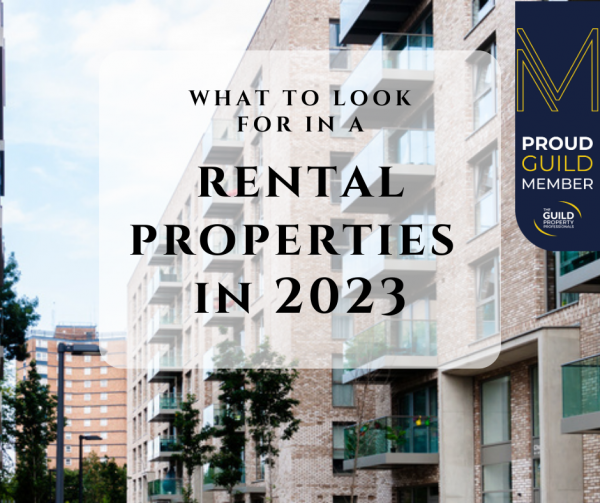Managing rental properties can be a complex task, but with the right strategies, you can be an effective landlord. Here are some tips for property management in 2023:
Stay Updated with Laws and Regulations: Familiarize yourself with the latest landlord-tenant laws and regulations in your area. Stay updated on any changes that may impact your responsibilities as a landlord, such as rent control laws, eviction moratoriums, or new health and safety requirements.
Thorough Tenant Screening: Conduct thorough tenant screenings to ensure you find reliable and responsible tenants. Verify employment, income, and references. Perform credit and background checks to assess their financial stability and history. This can help reduce the risk of late payments, property damage, or eviction.
Clear and Comprehensive Lease Agreements: Draft a clear and comprehensive lease agreement that outlines the rights, responsibilities, and expectations of both parties. Include important details such as rent amount, due dates, late payment policies, pet policies, and maintenance procedures. Ensure that the lease complies with local laws and regulations.
Prompt Maintenance and Repairs: Respond promptly to maintenance and repair requests from tenants. Regularly inspect the property to identify any issues that need attention. Establish relationships with reliable contractors and vendors to ensure timely and efficient repairs.
Effective Communication: Maintain open lines of communication with your tenants. Respond promptly to their inquiries and concerns. Consider using digital communication tools, such as email or text messaging, for quick and convenient interactions. Regularly provide updates on any changes or important information related to the property.
Regular Inspections: Conduct periodic inspections to assess the condition of the property. Schedule inspections at reasonable intervals, respecting your tenants' privacy rights and local regulations. Document any damages, maintenance needs, or lease violations during inspections.
Fair and Consistent Rent Practices: Set reasonable and competitive rental rates based on market conditions and the property's value. Avoid excessive rent increases that may lead to tenant turnover. Consider offering incentives, such as lease renewals or property improvements, to encourage long-term tenancy.
Financial Management: Maintain organized financial records for your rental property. Separate your personal and rental finances to simplify accounting and tax reporting. Use property management software or tools to track income, expenses, and rent collection. Set aside funds for anticipated maintenance or unforeseen expenses.
Stay Tech-Savvy: Embrace technology to streamline your property management tasks. Consider using property management software that offers features like online rent collection, maintenance tracking, and document storage. Utilize digital marketing platforms to attract potential tenants and advertise your vacancies.
Professionalism and Respect: Treat your tenants with professionalism, respect, and fairness. Address their concerns promptly and fairly. Build positive relationships with your tenants to encourage open communication and cooperation.
Remember, these tips are general guidelines, and it's important to adapt them to the specific laws, regulations, and market conditions in your area. Contact us to know how we can help.






Share this with
Email
Facebook
Messenger
Twitter
Pinterest
LinkedIn
Copy this link